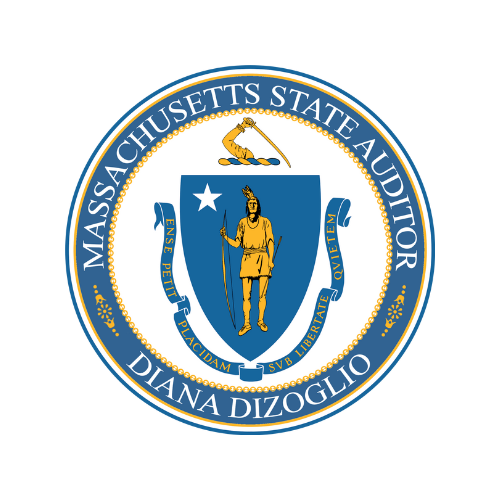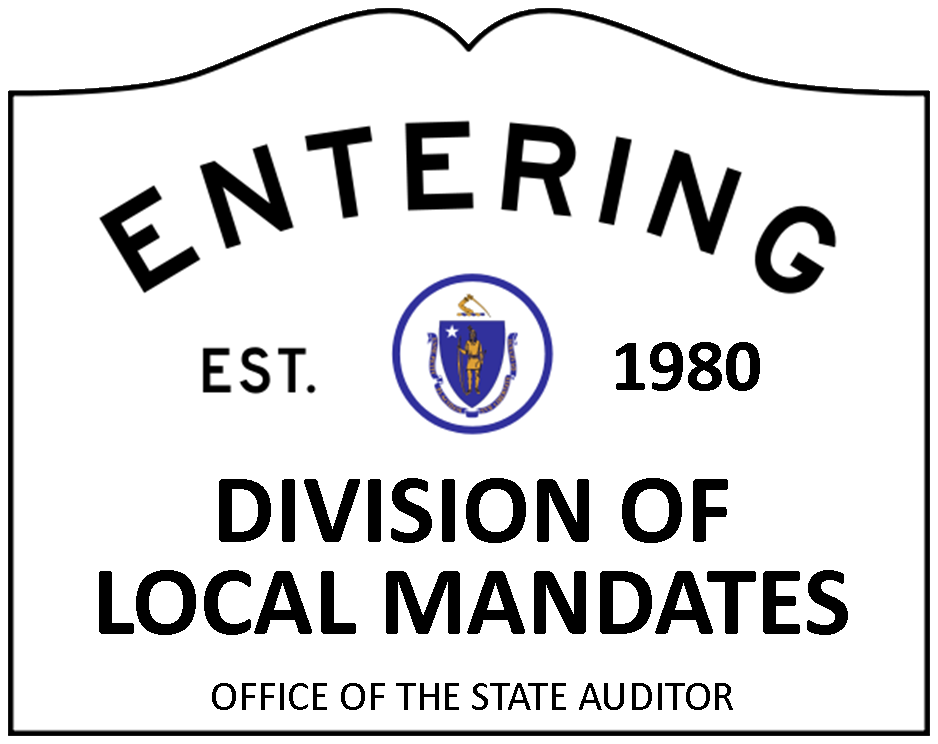- Office of the State Auditor
- Division of Local Mandates
Media Contact
Andrew Carden, Director of Operations
Boston — Today, State Auditor Diana DiZoglio’s Office released a report of the Commonwealth’s Mass Save energy efficiency program.
Mass Save was established in 2008 through a partnership between the Commonwealth of Massachusetts and its natural gas and electric utilities, aiming to improve energy efficiency. The program encourages residents and businesses to upgrade their buildings through a wide array of services, rebates, incentives, and training. Mass Save is consumer-funded - Massachusetts consumers, whether residential or commercial, pay a surcharge on their electric and gas bills to fund the program.
The report, produced by the State Auditor’s Division of Local Mandates (DLM), examines the municipal distribution of incentives from Mass Save. DLM reviewed the correlation of Mass Save net benefits with socioeconomic factors including income, population density, and owner-occupied housing rate. Furthermore, DLM assessed the distribution of Mass Save incentives in Environmental Justice (EJ) municipalities and Gateway Cities.
The report identifies significant disparities in Mass Save’s distribution of incentives, with some higher-income communities gaining more benefits than contributions made, and many lower-income municipalities contributing much more than their residents receive.
The report found residents of 48 out of 175 Massachusetts municipalities with incomes below the state median contribute more to Mass Save than the state average. Many residents of EJ municipalities and Gateway Cities disproportionately contributed more to Mass Save than residents of other municipalities, with residents in communities with over 90% EJ populations contributing on average 151% more per capita compared to municipalities without EJ populations. Furthermore, residents in Gateway Cities contributed approximately 24% more per capita than those in non-Gateway Cities, despite having considerably lower household incomes and getting fewer Mass Save benefits than higher-income communities.
The report also shows that as population density and the proportion of renters increase, Mass Save benefits typically decrease. High-density urban areas and municipalities with higher renter populations—groups less likely to directly benefit from property-based energy efficiency upgrades—were consistently found to contribute more to the program even when they ultimately do not get much back, if anything, from the program.
Moreover, the report highlights how utility bills lack transparency regarding required Mass Save contributions. It is noted how utility bills remain unnecessarily opaque due to unfamiliar terminology and a lack of clear itemization, leaving many ratepayers unsure of what they are actually paying for. While the bills break down charges into supply and delivery components, key fees are labeled with technical or vague terms that provide little meaningful information to the average consumer.
Among the report’s recommendations, aimed at ensuring greater equity and efficiency, are to consider transferring Mass Save’s administration to an independent entity, expanding legislative oversight, creating more incentives to boost renter participation, and improving transparency and data accessibility.
“While Mass Save has a noble mission of promoting energy efficiency in the Commonwealth, its current programmatic structure undermines its mission by widening inequality, eroding economic justice, equity, fairness, and opportunity — and deepening the very disparities that contribute to the environmental justice challenges we must continually seek to address,” said Auditor DiZoglio. “We urge the adoption of our recommendations, which seek to help ensure greater integrity in a program meant to serve all residents of this Commonwealth.”
“With ever-increasing electric and gas bills, more and more homeowners are turning to Mass Save to reduce their energy consumption and save money,” said Attleboro Mayor Cathleen DeSimone. “As the Mayor of a Gateway City, I was frustrated and concerned to read in a recent report released by State Auditor DiZoglio that our residents, and residents of other Gateway Cities, contribute disproportionately more to the Mass Save program. I am grateful for the Auditor’s good work and for shining a light on the Mass Save program. It is my sincere hope that all involved in overseeing and administering the Mass Save program take the report recommendations to heart and make the program everything it can and should be for all Massachusetts residents.”
“Chelsea residents face some of the highest energy costs in the state and could benefit greatly from the potential savings offered by Mass Save programs," said Chelsea City Manager Fidel Maltez. "Chelsea is an Environmental Justice Community with unique needs, and we recognize that language barriers, high rate of renters, and program complexity have limited our residents' access to these programs in the past. However, with targeted support, we're optimistic that these programs can make a meaningful difference. We look forward to working with Mass Save to break down these barriers and ensure that all Chelsea residents can fully benefit from these resources."
"This report shows we are not seeing equitable benefits in return,” said Fitchburg Mayor Sam Squailia. “We need a Mass Save program that is fair and transparent, stops shifting the energy savings burden onto working-class communities like ours, and lowers costs for our families already paying the highest utility prices in the state.”
“It is very concerning to see our Gateway Cities, such as Lowell, contribute to the Mass Save program at a rate higher than the average resident in the state, with little to no return to our community,” said Lowell City Councilor Erik Gitschier. “Gateway Cities are being used as a checkbook for wealthier communities, which is not the goal of the Mass Save program. I want to thank State Auditor DiZoglio and her staff for their continued oversight and for this report, which highlights many inequities for the very people the program was designed to help.”
“My job is to look out for Methuen residents, and right now they’re getting hit with killer costs on their utility bills,” said Methuen Mayor D.J. Beauregard. “The Auditor’s report makes it clear: Gateway Cities like ours are paying far more into the Mass Save program than we ever get back, while wealthier communities reap the benefits. That’s unacceptable. We need to rethink the way programs like Mass Save are funded so that working families aren’t left carrying an unfair burden. By achieving a more sustainable balance, we can reduce out-of-control utility costs while still building the clean energy future our Commonwealth deserves. I want to thank Auditor DiZoglio for her leadership and her efforts to fight for Gateway Cities like Methuen - her work shines a spotlight on inequities that demand real reform.”
“The findings of the Auditor's report are unacceptable,” said Revere Mayor Patrick M. Keefe, Jr. “Residents in Gateway Cities and Environmental Justice communities like Revere are being squeezed by a program that was intended to help them. Meanwhile, our utilities continue to seek rate increases while hard-working families struggle to put food on the table. I urge our state leaders to urgently review this report's findings and implement its recommendations. The same utility companies that stand to gain from higher energy use cannot also be paid to oversee energy-saving programs -- it's a clear conflict that we cannot tolerate in the Commonwealth.”
###

